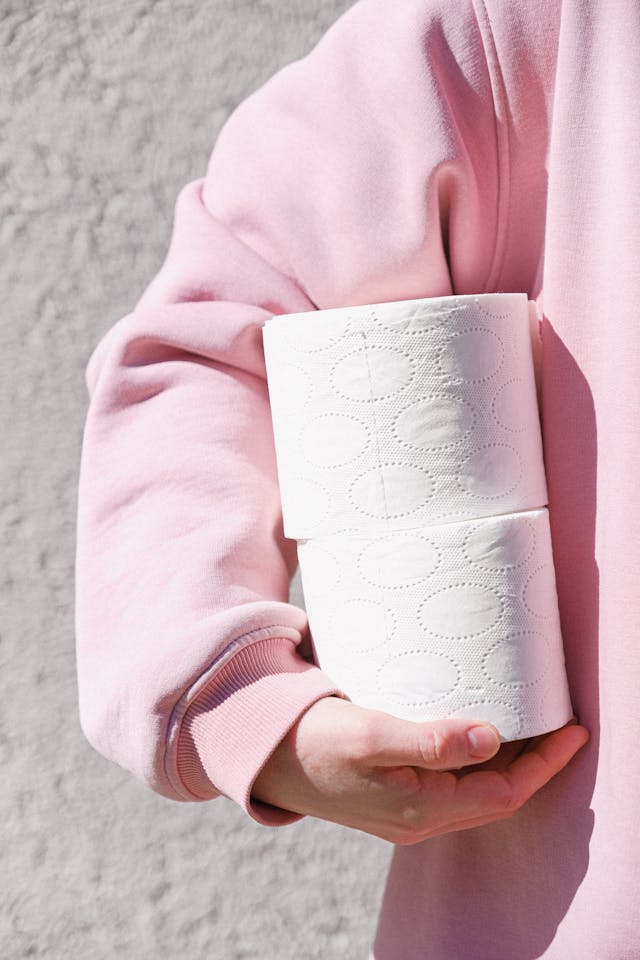Incontinence is a condition that many find embarrassing, yet it is more prevalent than one might think. This involuntary loss of bladder control can affect people of all ages and poses daily challenges. Fortunately, various management options are available for relief.

This article delves into the science behind incontinence, exploring its various types, causes, and management strategies, including women’s vitamins and lifestyle adjustments. With proper medical guidance and supplements, you can confront the intricacies of this condition with knowledge and a proactive mindset.
Understanding Incontinence
Incontinence refers to the unexpected leakage of urine, occurring unpredictably and in different forms. The types include stress incontinence (often triggered by activities like laughing, sneezing, or exercising) and urge incontinence (characterized by a sudden, intense urge to urinate).
What Causes Incontinence?
Various factors can lead to incontinence, including changes associated with aging, health conditions like diabetes or urinary tract infections, and lifestyle factors such as the physical effects of childbirth on women. The interplay of physiological, medical, and lifestyle factors can significantly affect bladder control.
Women’s health and wellness play a vital role in the management of incontinence. Proper nutrition is essential, and women’s vitamins can be instrumental in regaining control.
Management Strategies for Incontinence
There are numerous treatment options for those looking for relief from incontinence. From lifestyle changes to medical treatments, a variety of approaches can help manage and mitigate the challenges presented by this condition.
Lifestyle Modifications
Making certain lifestyle changes can greatly enhance bladder control. Maintaining a healthy weight, staying adequately hydrated, avoiding bladder irritants, and following a regular exercise routine can all contribute to better management of incontinence.
Pelvic Floor Exercises
Kegel exercises, which focus on strengthening the muscles that support bladder control, can be particularly beneficial. Regular practice can enhance pelvic floor strength and reduce leakage.
Behavioral Therapies
Behavioral approaches such as bladder training and scheduled voiding can help regulate bathroom habits. By creating consistent voiding schedules and gradually extending intervals between bathroom visits, individuals can improve their bladder control over time.
Medications
Medications like anticholinergics may be prescribed to alleviate symptoms of an overactive bladder associated with urge incontinence. These drugs help relax bladder muscles, decreasing urgency and enhancing urination control.
Medical Devices
For certain types of incontinence, medical devices such as pessaries or urethral inserts can provide additional support. These devices are designed to assist in managing symptoms more effectively by providing structural support to the bladder or urethra.
Surgical Options
When conservative treatments are ineffective, surgical options may be explored. Procedures such as sling placements for stress incontinence or sacral nerve stimulation for urge incontinence aim to provide lasting relief by addressing the fundamental anatomical or neurological causes of incontinence.
Supplements
Beyond conventional treatments, certain supplements have garnered attention for their potential benefits in supporting overall bladder health.
Supplements like cranberry extract, pumpkin seed extract, and magnesium have been studied for their roles in promoting urinary tract health and reducing urinary frequency.
Coping with Incontinence
When faced with leaks, having effective strategies can help you take control. Firstly, cultivate a mindset of positivity and self-compassion. Remember, incontinence is a common issue and nothing to feel ashamed about.
Seeking support from friends, family, or support groups can be invaluable. Don’t hesitate to consult healthcare professionals specializing in incontinence management. Their expertise can lead you to effective strategies, providing guidance and encouragement along your journey.
Facing Incontinence with Confidence
While incontinence can be unexpected, it doesn’t have to dominate your life. Effective management revolves around empowerment, resilience, and self-care. By understanding triggers, embracing coping strategies, and adopting helpful lifestyle modifications, you can confidently navigate this path.
Incorporating women’s vitamins into your routine can also support bladder health and overall well-being. With the right approach, you can build the confidence to tackle unpredictable leaks each day.
Here’s to a future that is leak-free, filled with empowerment, understanding, and the courage to face every day with confidence!
About Outoftownblogs
Be sure to check out all posts by Outoftownblogs and subscribe via RSS or EMAIL to stay updated!





